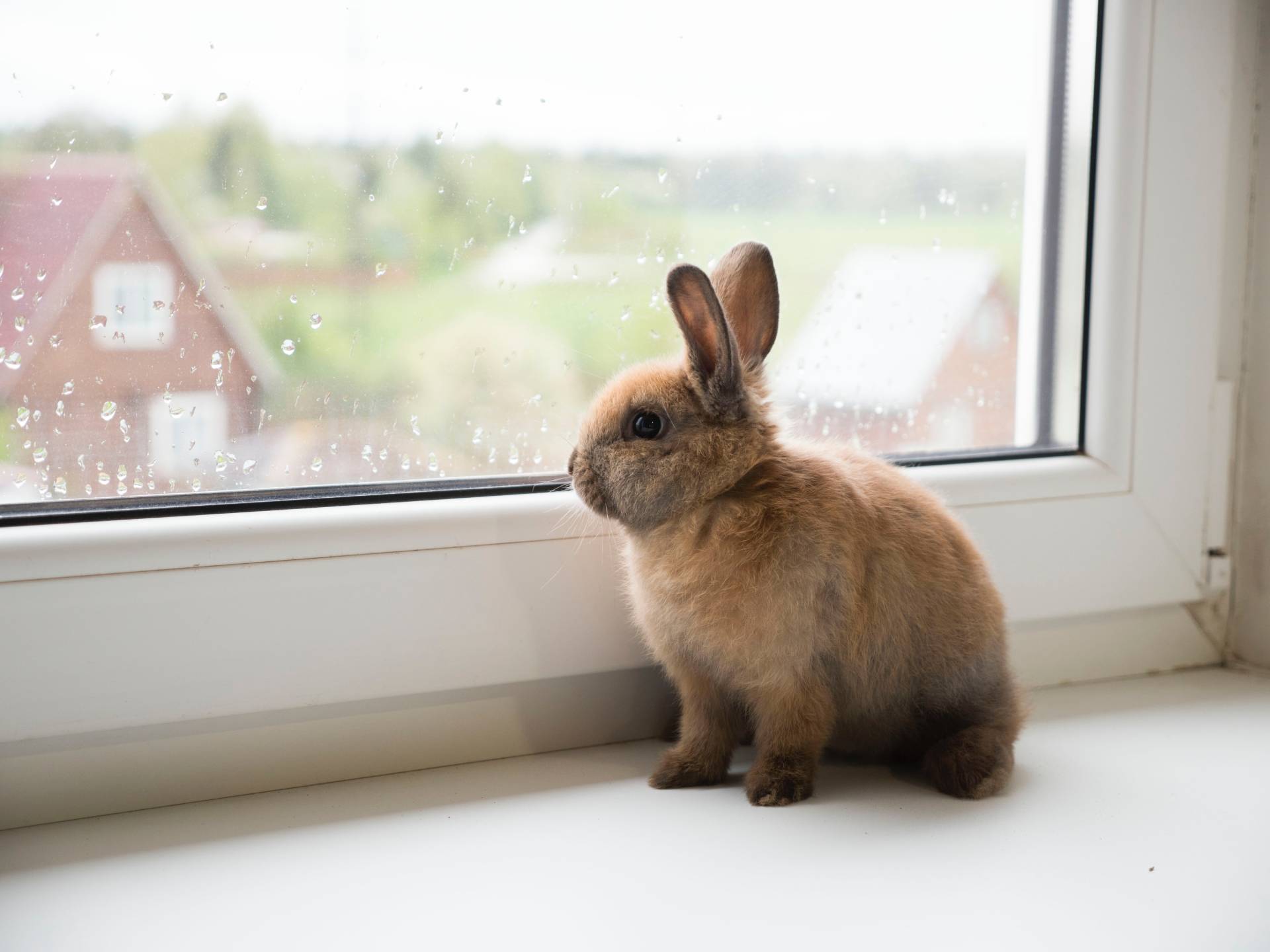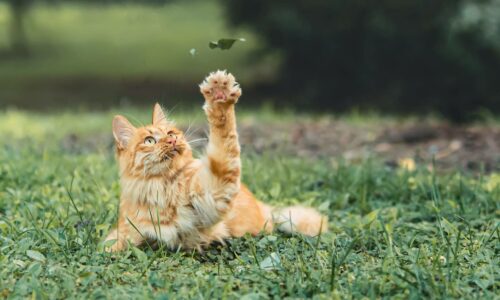After cats and dogs, small animals such as guinea pigs and rabbits are the most popular pets. But what do you have to take into account when keeping rabbits so that they behave in a way that is appropriate for the species? We provide important advice and information for raising rabbits. Keeping and caring for rabbits is often underestimated. But before you buy a rabbit, you should find out everything you need to know about keeping rabbits in a breed-appropriate manner. Because rabbits are timid animals, they have a great desire to move, they should never be kept alone and they have a sensitive digestive system.
How big house or cage have to be?
Rabbits have a huge need for movement and need a lot of space. Breeding clubs recommend a floor area of at least 2 m² per rabbit with additional exercise. Rabbits should be able to imitate their natural behavior in their enclosure. Therefore, in the apartment, as well as on the balcony or in the garden, you should have a fenced area of several square meters. If there is no garden or balcony, there must be enough space in the apartment for regular exercise – because a standard cage is not a suitable rabbit habitat for the species. The right bedding in the enclosed area is also extremely important: wooden pellets are best for the toilet corner, and a layer of straw is on top to absorb everything. Both the toilet corner and the sleeping area should be cleaned several times a day. Small trunks and branches with leaves (eg from birch, fruit trees, or hazel bushes) greatly enrich the rabbit’s habitat and offer variety, and the rabbit many opportunities to explore.
Keeping rabbits – alone or in pairs?
Rabbits are group animals and should never be kept alone, but always with other rabbits, at least in pairs or in small groups. Otherwise, they can become depressed and aggressive. The male in the group should always be sterilized, first to avoid unwanted offspring (rabbits can have five to 10 offspring per year), and secondly to reduce intolerance and territorial fights in the group.
What should be consider when it comes to nutrition?
With rabbits, it is especially important to ensure proper nutrition because of their sensitive gastrointestinal tract. Rabbits have a blocked stomach, which means they have to eat constantly to be able to digest properly. As a result, new food is constantly pressed against food that has already been consumed and it is pushed further into the digestive tract. Therefore, hay and forage should always be available, as well as fresh water. The main part of the food should be green grass from the meadow or branches.
Constant green feeding is also especially important for teeth to wear down properly. Rabbits have growing teeth, which can quickly lead to misaligned teeth. If there is not enough green fodder from the meadows, you can also rely on green fodder from the supermarket: the most popular is bitter lettuce (e.g. endive, radicchio), leafy cabbage (Savoy cabbage, kale, etc.), green vegetables (collard greens, carrots). In addition, cucumbers, carrots, grass, and herbs can be given. Fruits such as apples or pears should be given in moderation because of fructose because sugar encourages coccidia (intestinal parasites).
Rabbits are very sensitive pets, often symptoms do not appear until late and when they are not feeling well. Therefore, it is especially important to be well informed before buying, so that the rabbit can be kept in a way appropriate for the species and live a beautiful and healthy life.




